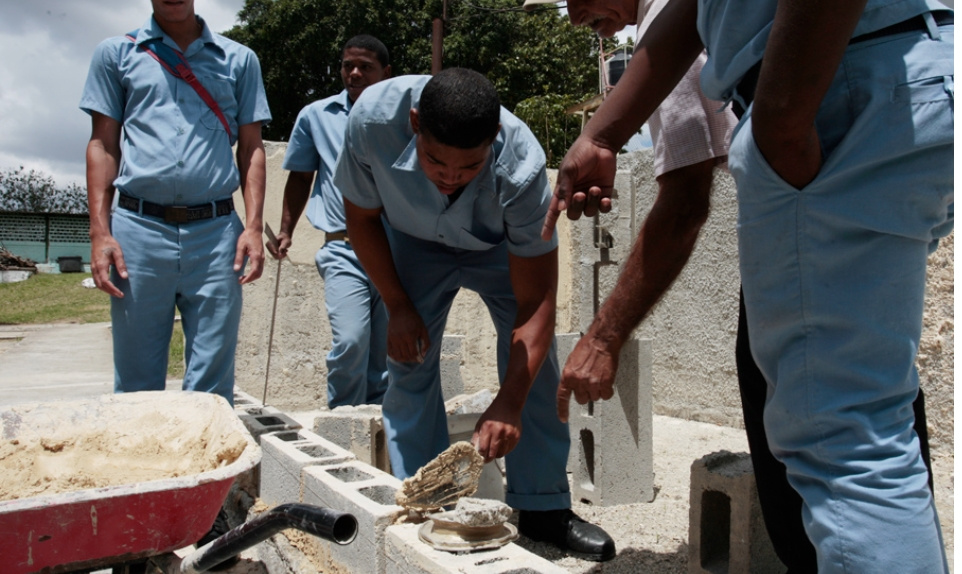A document details the cases of political prisoners who have been subjected to forced labor and highlights several names among ’thousands’.

14ymedio, Havana, 28 August 2024 — The imposition of forced labor – such as cutting cane or marabú – on those who express “different political opinions” has led a United Nations collaborator to insist on his “concern” about human rights violations on the island. With a report by the organization Prisoners Defenders (PD) in hand, Tomoya Obokata, UN Special Rapporteur on Contemporary Forms of Slavery, criticized this practice in Cuban prisons.
During the 57th regular session of the Human Rights Council, of which Cuba is a member, Obokata included the brief report on forced labor in Cuban prisons, prepared by PD. The expert denounced “the existence of national laws and regulations that allow compulsory labor for expressing political opinions or participating in strikes”.
The document details the cases of political prisoners who have been subjected to forced labor and highlights, among “thousands”, several cases: those of Dariel Ruiz García, Walnier Luis Aguilar Rivera, Yeidel Carrero Pablo, Roberto Jesús Marín Fernández, Yanay Solaya Barú, Alexander Díaz Rodríguez, José Díaz Silva, Taimir García Meriño and César Antonio Granados Pérez.
Although the Cuban Constitution recognizes respect for the prisoner’s dignity, the Penal Code endorses the sanctions for forced labor
Although the Cuban Constitution recognizes respect for the inmate’s dignity, Article 30.3 of the Penal Code endorses the sanctions for forced labor, emphasizes their obligatory nature and leaves it up to the State to “consider the form of compliance through study or betterment”. Through testimonies collected in the report, PD found that attenuated treatment is more than unusual and that compulsory labor is the norm not only for political prisoners but also for ordinary ones.
In a country where production and workforce are scarcities, the regime has found in prisoners the ideal labor force. Inmates are forced to do work no one else is willing to do. PD’s example is the production of marabú charcoal – which brings large profits to the government by being sold abroad – and cutting sugar cane in its harvest season.
“Cuban charcoal is sold in Spain, Portugal and (the rest of) the European Unio


